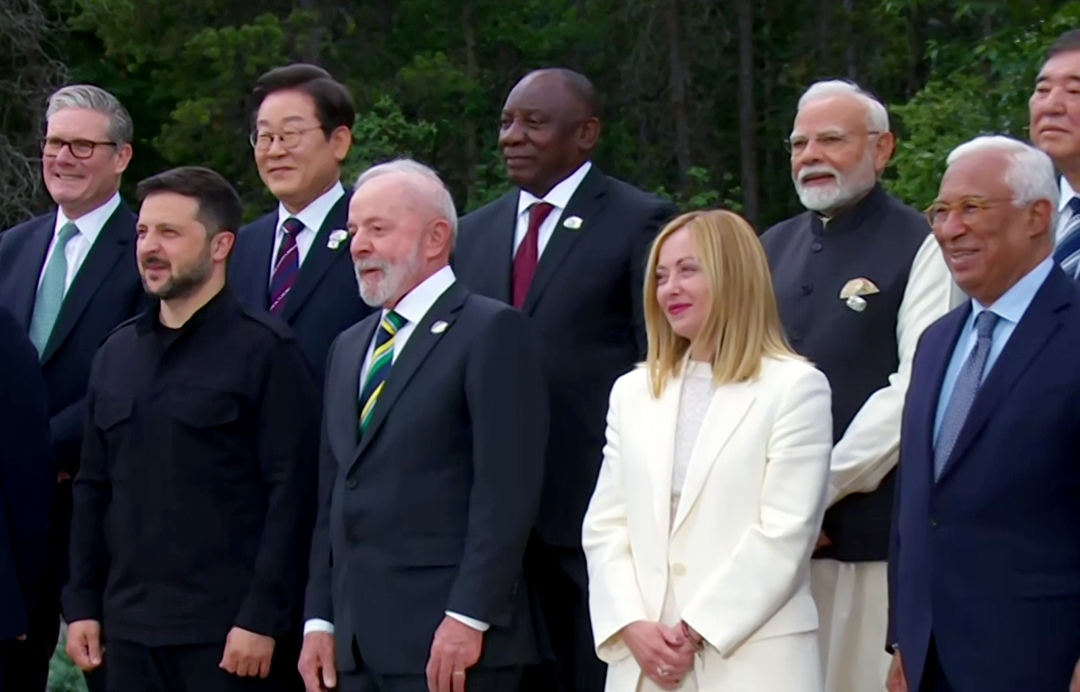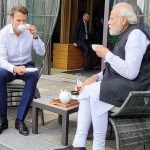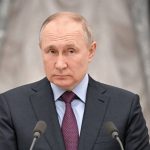Reinhard Butikofer MEP, the Co-Chair of the Inter-Parliamentary Alliance on China, said it is unacceptable that goods tainted by Uyghur forced labour are circulating freely across the globe…reports Asian Lite News.
Amid the ongoing Group of Seven (G7) summit in UK, a cross-party Inter-Parliamentary Alliance on China (IPAC) has called on G7 leaders to reform global supply chains in light of widespread forced labour abuses in Xinjiang region.
Parliamentarians from Canada, the European Union, France, Germany, Italy, Japan, United Kingdom, United States call for supply chain transparency and bans on forced labour imports amid the G7 Summit in the UK, according to an official release by IPAC.
In a letter addressed to leaders participating in the summit, IPAC called for the G7 states to ban imports of goods produced by forced labour and to establish minimum standards of transparency and disclosure for companies operating in areas at a known risk of forced labour.
The letter also called for the G7 to propose a global infrastructure development programme to rival China’s Belt and Road Initiative (BRI). The signatories write that states signing up to the BRI “trade economic support for political acquiescence, and risk falling foul of debt trap diplomacy.”
Senator Marco Rubio, Co-Chair of the Inter-Parliamentary Alliance on China, said that the Chinese Communist Party desires a world where its malign activities and gross violations of human rights can be committed with the same impunity as it enjoys within its own borders. “Beijing’s aggression require a united response from members of the G7 and democracies worldwide.”
Reinhard Butikofer MEP, the Co-Chair of the Inter-Parliamentary Alliance on China, said it is unacceptable that goods tainted by Uyghur forced labour are circulating freely across the globe.
“Unless urgent action is taken, firms and consumers risk unwitting complicity in these abuses. G7 states must lead a coordinated effort to block forced labour imports and set new global standards on transparency and disclosure. No one can be allowed to profit off the abuse of the Uyghurs and other minority groups.”
Sir Iain Duncan Smith MP, Co-Chair of the Inter-Parliamentary Alliance on China, said: “China’s Belt and Road Initiative seeks to cement Beijing’s dominance in the developing world. This support comes at a significant price.”
China continues to refute the accusation of forced labour despite mounting evidence. (ANI)
ALSO READ-Biden’s G7 agenda to focus on Covid, Russia and China
READ MORE-G7: Boris to set end-2022 target to vaccinate world












